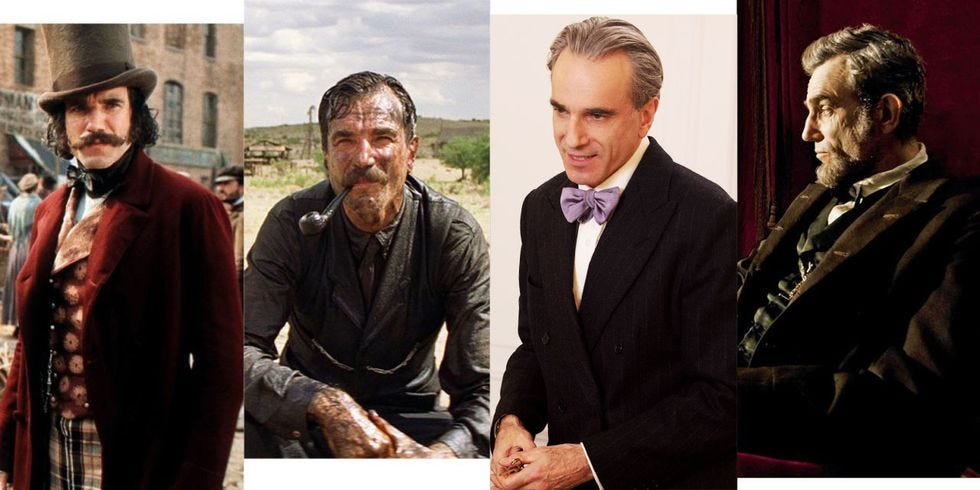Understand This Concept: Stoic Role Ethics
Stoic role ethics is a branch of ethics within Stoicism, an ancient Greek and Roman philosophy founded by Zeno of Citium in the 3rd century BCE. Stoic role ethics focuses on understanding the various roles that individuals play in society and how they should act according to those roles in order to achieve eudaimonia (a state of flourishing or well-being). It emphasizes moral character, personal responsibility, and adherence to natural law in determining appropriate actions.
The concept of roles is central to Stoic role ethics, with the idea that every person has a number of interconnected roles in their lives, such as being a parent, a sibling, a friend, or a citizen. These roles come with particular duties and expectations, which guide an individual's behavior in different contexts.
According to Stoic role ethics, individuals should strive to fulfill their roles to the best of their abilities, while also maintaining a focus on the four cardinal virtues of Stoicism: wisdom, courage, justice, and temperance. By embracing their roles and acting virtuously, individuals can achieve a state of inner tranquility and well-being, despite any external circumstances they might face.
Stoic role ethics also emphasizes the distinction between what is within an individual's control (their own thoughts, actions, and reactions) and what is not (external events, other people's actions). By focusing on the aspects of life they can control, individuals can cultivate resilience and maintain their inner peace, even in the face of adversity or hardship.
Enchiridion Chapter 17 / 53
So much in life depends on the luck we are dealt.
We do not choose our genetics, our body, our brain, or our parents.
We don’t decide what time or location we are born into.
We don’t decide if we grow up poor or rich, or whether we are handsome or unattractive.
We don’t choose if we are susceptible to deadly diseases or if we will be the victim of a freak accident.
How can we maintain peace of mind when so much of our life is outside of our control?
Life As a Movie Analogy
You are an actor in a movie, and the way the movie unfolds is up to the director.
If the director wants the movie to be short, it will be short. If the director wants the movie to be long, it will be long.
If you are a great actor, you will play whatever role is given to you with impartial skill.
You can play a cripple, a poor person, a president, or an ordinary person—all just the same, and all just as interesting.

Accept that you cannot take ownership over all parts of your life, and resolve to play your part as well as you can.
ENCHIRIDION CHAPTER SEVENTEEN, EPICTETUS, TRANSLATION BY ROBERT DOBBIN:
Remember that you are an actor in a play, the nature of which is up to the director to decide. If he wants the play to be short, it will be short, if he wants it long, it will be long. And if he casts you as one of the poor, or as a cripple, as a king or as a commoner – whatever role is assigned, the accomplished actor will accept and perform it with impartial skill. But the assignment of roles belongs to another.
